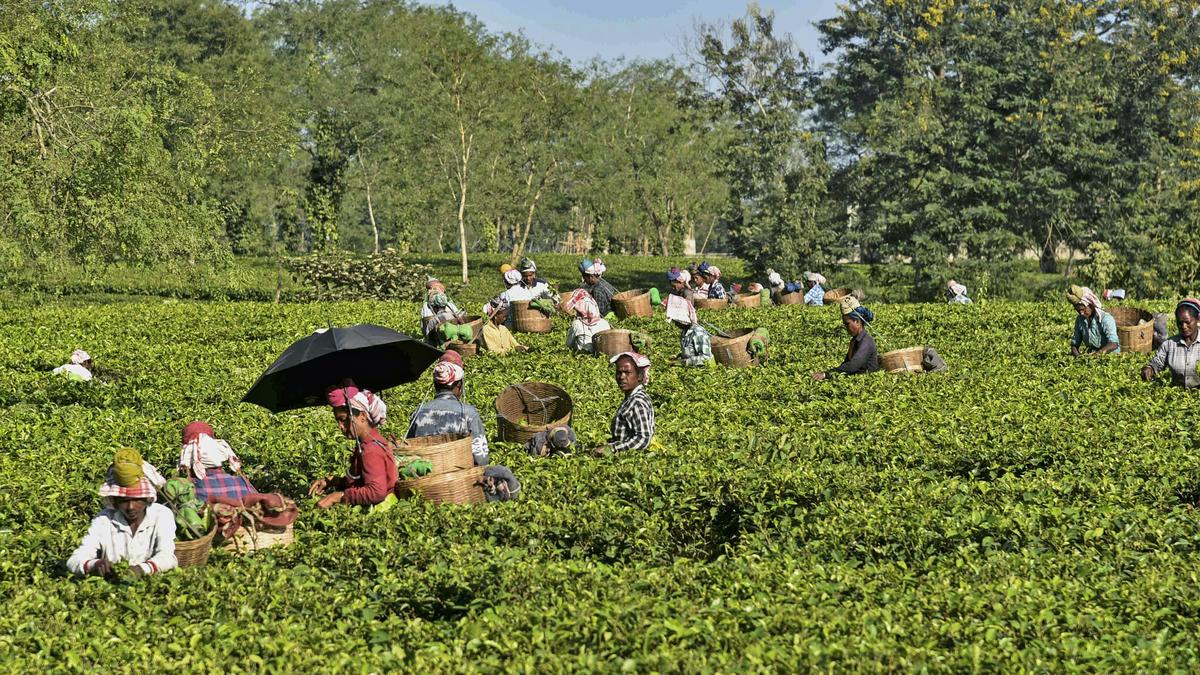
Assam tea workers prone to post-TB fungal disease: study
The Hindu
New research identifies life-threatening fungal infection in tuberculosis survivors among Assam's tea plantation workers, impacting post-TB health.
Two years after a study flagged the epidemic dropsy threat, a new research paper has identified a life-threatening fungal infection mostly in the damaged lungs of tuberculosis survivors among Assam’s tea plantation workers.
TB has been a major public health issue across the tea belts in Assam’s Brahmaputra and Barak valleys, afflicting 217 per 1,00,000 population according to the National TB Prevalence Survey of 2019-2021. The risk factors include poverty, poor nutrition, kitchen smoke, close contact with smear-positive patients, and living in congested environments.
A team of researchers from the Assam Medical College and Hospital in Dibrugarh has now put the focus on chronic pulmonary aspergillosis (CPA), an infection caused by Aspergillus fumigatus, a fungus that strikes individuals with immunodeficiency. CPA is a chronic lung disease that occurs commonly in pre-existing lung cavities. It mostly occurs in post-TB or active TB patients and shares similar clinical features with tuberculosis.
The study, the first of its kind among tea workers, was published in the journal PLOS Neglected Tropical Diseases. Its authors are Aishwarya Selvasekhar, Reema Nath, Gourangie Gogoi, and Pronami Borah.
The team examined 128 patients visiting three tea garden hospitals and two referral hospitals in the Dibrugarh district, which has 177 of Assam’s 803 major tea estates and a high TB burden. These patients – tea workers and their dependents from four tea estates – experienced chronic cough, haemoptysis (coughing blood), weight loss or fatigue, and other respiratory symptoms for three months or more.
Using advanced serological testing and radiological imaging, the researchers recorded a CPA prevalence of 17.18% in the year-long study. CPA seropositivity was 18.5% in active TB patients but spiked to 48.9% in those who had completed treatment, underlining the fungal infection as a post-TB health issue.
Also Read | Health Minister launches 100-day campaign to reduce TB incidence and mortality













